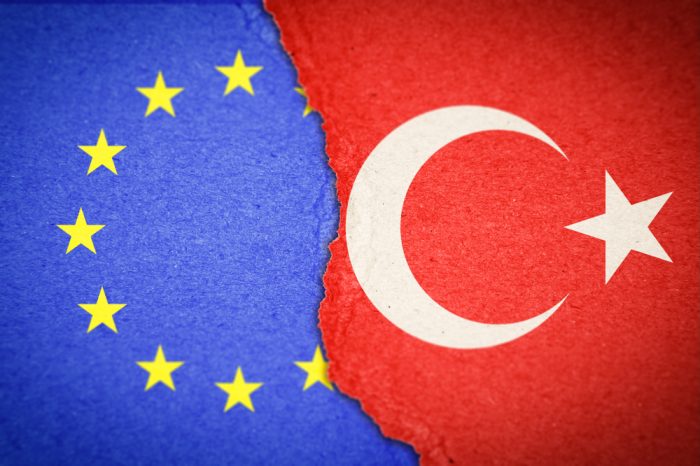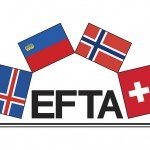New paper: could we stay in the single market without re-joining EFTA?
LAst July, Professor George Yarrow of Oxford has added to the debate about future UK access to the single market with this paper, which claims that withdrawal from the EU does not automatically imply withdrawal from the European Economic Area (EEA).
This goes very much against the widely-held assumption that the EEA (or single market) is an agreement between the EU and the European Free Trade Area (EFTA) and every participant must bne a member of one or other. At the core of his argument is his assertion that the default position for a newly-independent UK is that, having been part of the EEA agreement as an EU member state, it will remain within the Single Market and thus, we would not need to rejoin EFTA to maintain access to it.
Not everyone is convinced by his arguments, but the paper is nonetheless an interesting addition to the debate about the single market. Last week, we announced the publication of a Leave Alliance monograph which explains in detail what the single market actually is. Almost five months after the Brexit vote, there is still much confusion. Being in the single market is not the same as being a member of the EU nor is the single market the same as the EU’s Customs Union. Turkey is a member of the Customs Union but not of the EEA while Norway is a member of the EEA but not of the EU’s customs union. This diagram is particularly helpful in explaining the complex relationships of the European nations. Quite which of these various overlapping circles an independent UK will find itself in.
It is very clear that in the medium-to-long term, the desire of virtually all leave campaigners is to be outside as many as possible. There are no disagreements here. The big issue – and one which is ultimately up to Mrs May’s government to decvide – is to come up with a seamless strategy which will see us through the EU’s exit door within the two-year timescale allowed by Article 50 while ensuring trade will continue to flow smoothly. In other words, it’s the more divisive issue of a short-term strategy which is the critical topic at the moment and Professor Yarrow’s paper is of particular relevance here.







